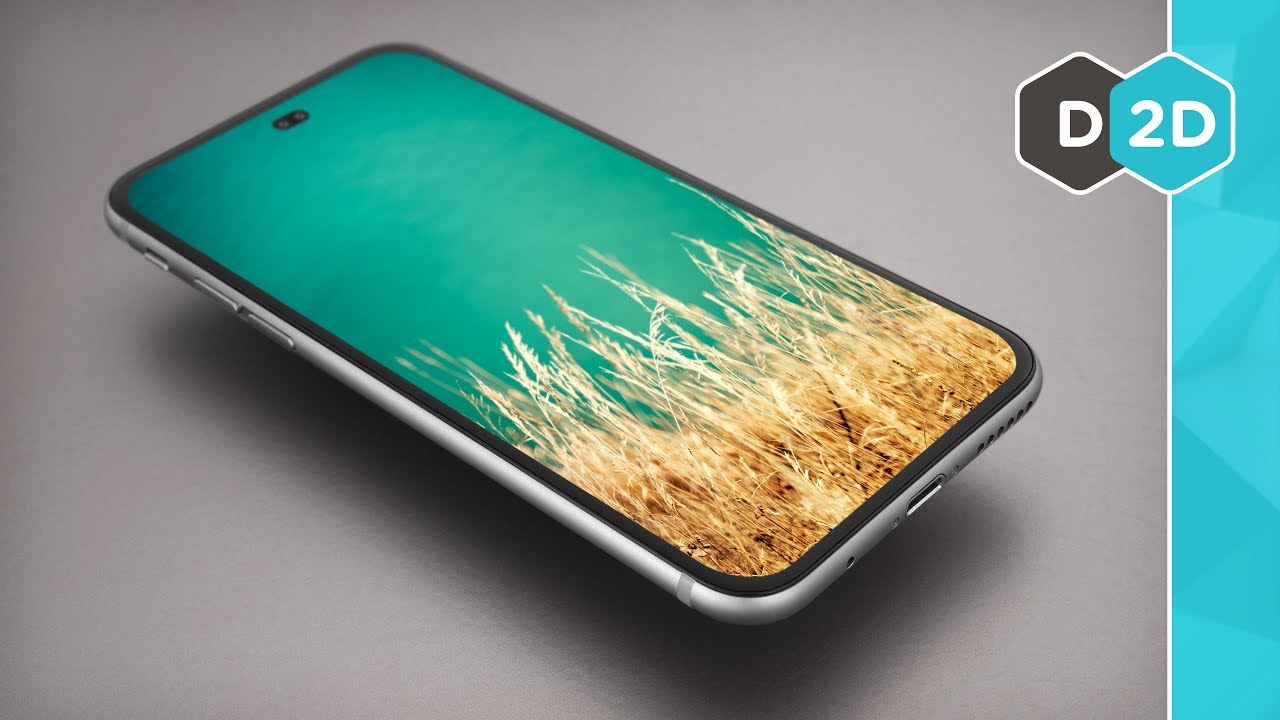Apple Watch is currently the best-selling smartwatch across the globe, and without a doubt, this happens for good reason, as it comes with a feature package that other manufacturers have a hard time matching.
But on the other hand, while this feature package as a whole is impressive, not the same thing can be said when looking at the specs of the Apple Watch one by one.
And one important line that deserves more attention is the battery life.
As a long-time Apple Watch user, one of things that bothers me the most is the terrible battery life of the device. Back in 2015 when Apple launched the original Watch, the claimed 18-hour battery life was more or less acceptable, as theoretically, this meant you were supposed to be able to get through the day with one charge.
The 18 hours basically represented the time you were active, so charging the Apple Watch was mandatory every time you went to bed. At some level, this made sense, especially because the Apple Watch lacked sleep tracking, so theoretically, there was no reason to wear the device during sleep.
Fast-forward to 2020 and here’s the Apple Watch Series 5 still coming with a claimed battery life of 18 hours. Pretty much the same approach is used, as this is the time you’re active, and you can conveniently recharge the device during the night because sleep tracking isn’t available anyway (maybe battery life is a reason Apple doesn’t want to offer sleep tracking in the first place?).
The battery capacity of the Apple Watch has been refined throughout this whole time, but given Apple added more new-generation hardware and new capabilities, the claimed battery life has remained completely unchanged.
And the worst thing is that Apple is extremely accurate on this one.
Using the Apple Watch for more than a day per each charge is nearly impossible, and a typical 30-minute workout with GPS on plus the regular notifications and a bunch of short calls means charging the device when you go to bed (if not even earlier) is mandatory every day.
Apple still claiming that 18 hours of battery life for 2020 makes absolutely no sense, especially when looking at the competing products.
Samsung doesn’t provide any battery estimates for the Galaxy Watch and says the 46mm model comes with a 270 mAh battery. During my time with the Galaxy Watch, however, I could easily get two days per charge, and several of my colleagues, some of which use the Galaxy Watch on a regular basis, can even reach three days per charge.
Fitbit Versa 2, the device which so many people criticized for copying the Apple Watch, comes with a claimed battery life of up to 6 days – of course, this isn’t really accurate, but after a two-week review of the device, the worst I got was 3 days per charge with GPS on during my daily workouts.
And I won’t even mention the battery life of devices from Xiaomi, Huawei, and Garmin, some of which can go as high as 5 to 7 days per charge, even with GPS, continuous heart rate monitoring,…
https://news.softpedia.com/news/apple-watch-s-18-hour-battery-life-is-just-ridiculous-for-a-2020-device-529738.shtml
















